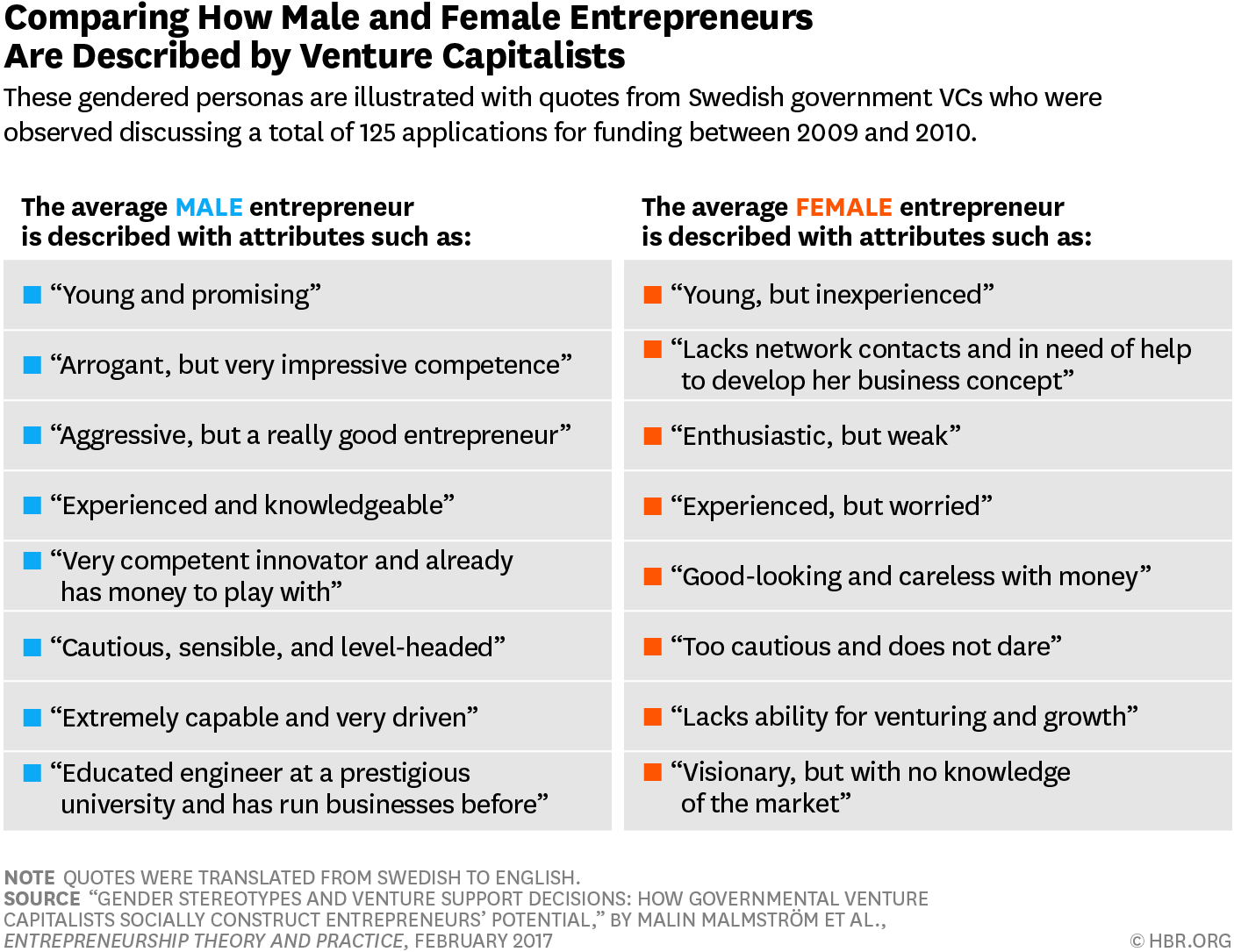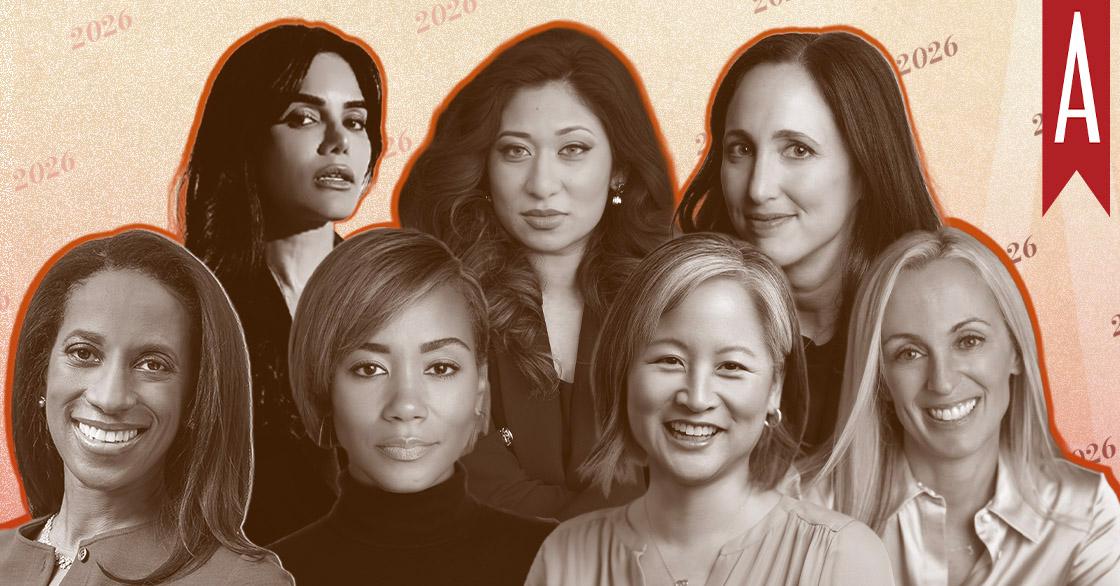More Women In Tech Are Speaking Out About Experiencing Sexual Harassment

As a new tide turns over in Silicon Valley, the harsh reality of the startup world is now exposed.
Silicon Valley is one of the least gender diverse sectors. For firms with 50 to 100 employees, only 24% are women. The industry is rife with male dominance. Recently, women begun speaking out on their experience with the gender discrimination and harassment. Following the resignation of Justin Caldbeck, founder of Binary Capital, Dave McLure, CEO of 500 Startups, and Travis Kalanick, CEO of Uber, due to sexual harassment allegations, even more women are speaking up.
But as more women speak out, the struggle for female entrepreneurs to break into a male-dominated world is becoming more apparent. Within the startup world, it is significantly more difficult for women-founded startups to procure the funding they need. Most venture capitalists (VCs) award men more funding. $58.2 billion was invested in startups with all-male founders while only $1.5 billion went to women-led startups.
To secure funding, entrepreneurs set up meetings with investors. The meetings itself can be taxing for women as the VC world is dominated by men. Currently, only 7% of senior investing partners at venture firms are female.
During these pitch meetings, women fare differently than men. According toFortune, 67% of questions for men are promotion-oriented, ones that focus on achievement, hopes, and advancement, whereas 66% of the questions for women are prevention-based, where the focus is on the concerns, safety, responsibility, and vigilance. The answer from each party yields a different response from investors.
In a study published by The Harvard Business Review, they studied the way gender-based language affected funding. They collected data from Swedish VCs that met with 125 entrepreneurs. Investors described male entrepreneurs as “promising” while female entrepreneurs were considered “inexperienced, weak, and worried.” As a result, female entrepreneurs received 25% of the funding they needed while male entrepreneurs received 52% of the funding they asked for.
But what is even more taxing for women is the uncertainty of whether each meeting will be appropriate or inappropriate. In a recent report by CNN Tech, titled “Money, Power, and Sexual Harassment,” six women came together to speak about the sexual harassment and the discrimination they face in the tech industry. Their stories document the systemic harassment within Silicon Valley.
Susan Ho, co-founder of Journy who came forward about Justin Caldbeck’s harassment, mentions that meetings between investors and founders are informal. “Much of that building of camaraderie happens in social settings. It happens over drinks. It happens over dinner,” she mentions. Since the relationship between entrepreneur and investor is undefined, male investors exploit the casualty as a way to hit on women.
Bea Arthur, another entrepreneur, states that at one meeting with an investor, he flashed her. She states she felt a “very deep and sudden overwhelming sense of shame. Like, I’m stupid. I should have known this was going to happen. Why did I think he was taking me seriously?” Women entrepreneurs walk into these meetings with the expectation that being harassed by male investors is the norm.
So, what does this mean for the tech industry? For those who do think about speaking up, there is a risk of creating a reputation of being “difficult to work with.” Word travels fast in the VC world, and having a bad reputation lessens the chance of getting funds.
As a result, more women leave rather than work in, or be involved with toxic conditions. But with the increasing number of women speaking out, companies are acting to alleviate the problem. Recently, Rick Hoffman, founder of Linkedin, called out the toxic culture of VC firms. He introduced the “decency pledge,” one where VC firms create a code of conduct that addresses the consequences to investors who engage in inappropriate behavior.

But a pledge from VC firms is only a start. It’s not an elixir for the burgeoning gender gap in the tech world. A clear relationship needs to be defined between investor and entrepreneur, one that is strictly professional. Female entrepreneurs need to be viewed just as capable as male entrepreneurs.
To close the gap, more women are needed in the male dominated network of VC investors. A group of women in upstate New York created Chloe Capital, a venture firm led by women to help fund women-owned startups. The representation of women can ultimately lead to a more inclusive industry.
To the tech and startup world, it’s time to wake up and acknowledge there is a systemic problem at hand. It’s not enough to say you want to help. Instead, take the initiative to bridge a pipeline that send women to the top of VC firms. Show the world that tech is not reserved for men, but is for all.






